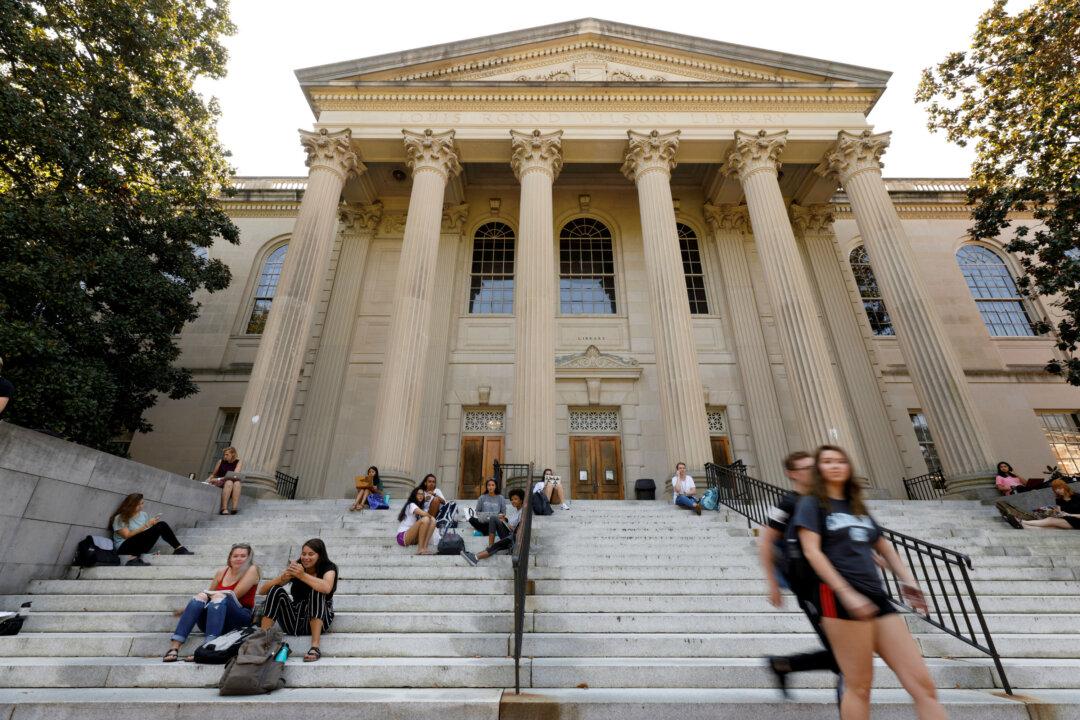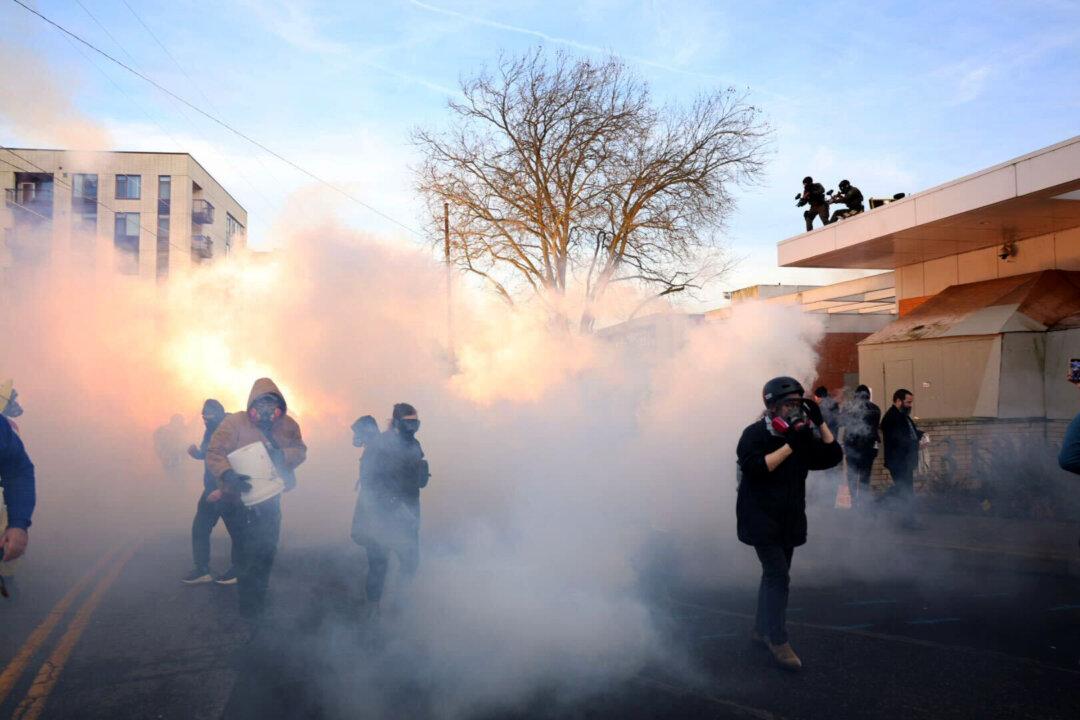When North Carolina’s flagship university’s board of trustees voted to start a new school based on intellectual freedom to counter “woke” ideology, the backlash was swift.
On Jan. 26, it was widely reported that the board of trustees for the University of North Carolina–Chapel Hill voted unanimously for the administration to accelerate its development of a School of Civic Life and Leadership.





